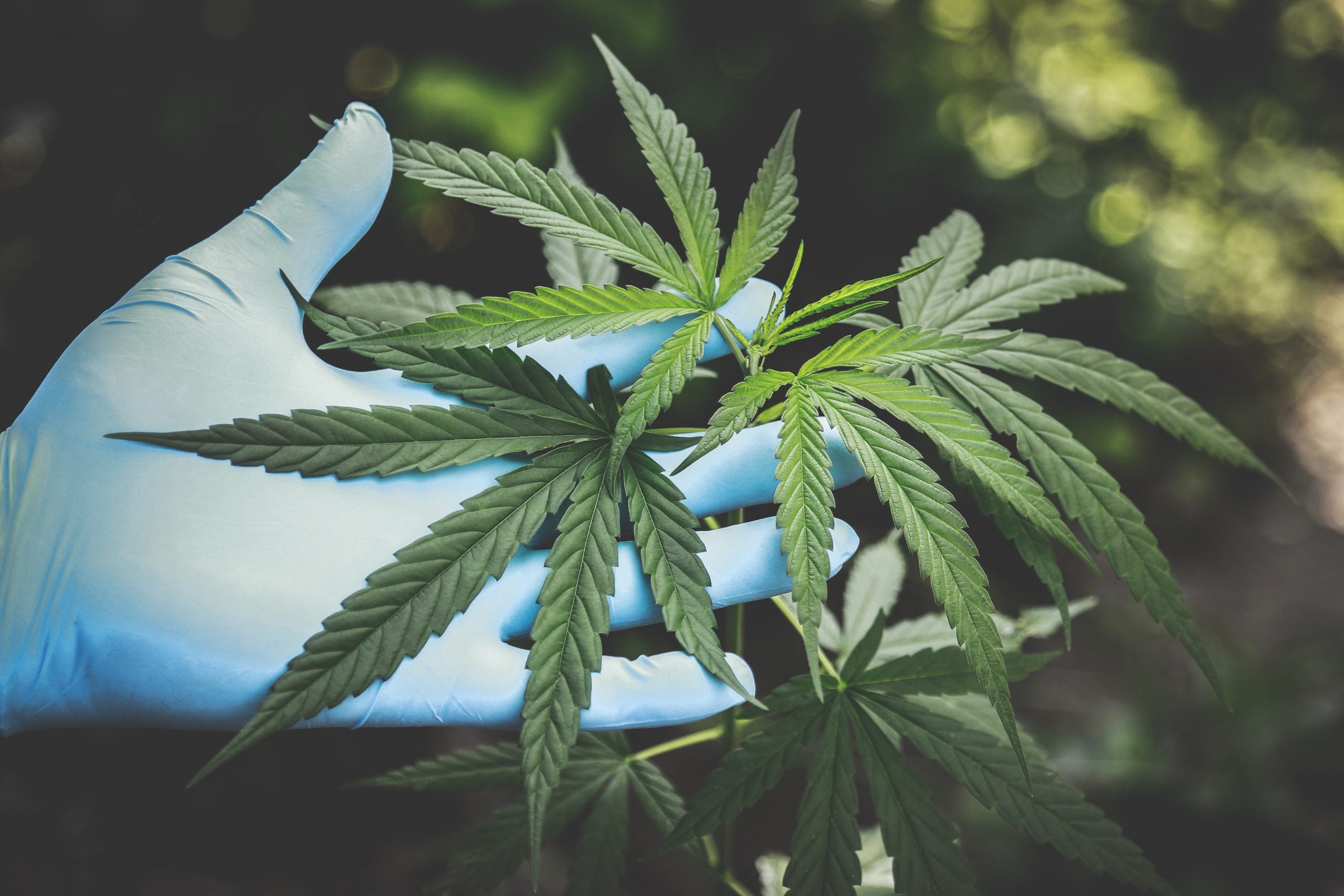Members of the Georgia Access to Medical Cannabis Commission held a virtual meeting Wednesday night to begin the process of issuing production licenses.
Executive Director Andrew Turnage said this meeting was for commissioners to review the six independent evaluations of each application.
MORE: Georgia Businesses on Track to Produce Low-THC Cannabis Oil Soon
“They work independently; they work blinded from each other; they do not know the information each other has,” Turnage explained. “At the validation meeting, they come back together and take each of the pieces of the application and put it back together as a complete application.”
Dr. Christopher Edwards, chairman of the commission, asked members to vote on three items.
First, to validate the scores of the Class 1 applicants, second to validate the scores of the Class 2 applicants. Both passed unanimously.
[adrotate banner=”54″]
A Class 1 license will allow the applicant to grow cannabis in an indoor facility limited to 100,00 square feet of growing space and manufacture low-THC oil. The commission will issue two of these licenses.
A Class 2 licensee can grow in a facility limited to 50,000 square feet of cultivation area and manufacture low-THC oil. Four of these licenses will be granted.
The third item authorized Turnage to contact all Class 1 and 2 applicants to determine their continued interest in participating.
MORE: Marijuana Laws Aren’t About Marijuana
That information will be given to commission members at their next meeting. A date was not set for that meeting, nor was a date given for when the licenses will be awarded. In its annual report issued in January 2021, the commission projected it would issue licenses by the end of fiscal year 2021 on June 30, 2021.
Approximately 70 businesses have applied for one of the six licenses that will be awarded. There are about 15,000 people eligible to receive the low-THC oil for one of 17 conditions or diseases including cancer, seizure disorders, Parkinson’s Disease and PTSD.
Dana Lynn McIntyre is a Staff Reporter with The Augusta Press. You can reach her at dana@theaugustapress.com.
[adrotate banner=”49″]










